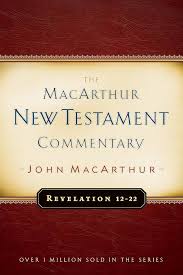The Legacy of John Macarthur in Australian History

Introduction
John Macarthur holds a pivotal place in the annals of Australian history as a pioneering figure in both the agricultural sector and the establishment of the Australian wool industry. His contributions not only helped shape the economy of the fledgling colony of New South Wales in the early 19th century but also laid the groundwork for what would become one of Australia’s most significant exports. Understanding Macarthur’s role is crucial for a comprehensive grasp of Australia’s agricultural evolution and its impact on global markets.
Early Life and Career
Born on September 1, 1767, in Devon, England, John Macarthur graduated from the Royal Military Academy and joined the British Army as an officer. In 1789, he set sail for New South Wales, where he would eventually contribute significantly to the colony’s development. Initially involved in various military duties, Macarthur soon realised the fertile potential of the land and shifted his focus towards agriculture.
The Introduction of Merino Sheep
One of John Macarthur’s most significant contributions was the introduction of Merino sheep to Australia. Seeking to establish a wool industry, he imported these sheep from Spain in 1807, recognising their superior wool quality, which would later become a cornerstone of Australian agriculture. His aggressive advocacy and successful breeding of these sheep laid the foundations for what would blossom into a booming wool industry that was crucial to the Australian economy.
Political and Agricultural Impact
Macarthur’s influence extended beyond agriculture; he was also involved in the political landscape of New South Wales. His reputation as a landowner and agricultural innovator positioned him as a significant figure in colonial governance. He often clashed with authorities, notably Governor Macquarie, leading to periods of imprisonment and conflict. Nevertheless, his determination helped establish agricultural practices that would benefit generations to come.
Conclusion
John Macarthur’s legacy is profound, encompassing both the rise of Australia’s wool industry and the evolution of its agricultural policies. His life marks a transition from colonial dependence to self-sufficient farming, paving the way for Australia’s progress as a major agricultural player on the world stage. As we continue to explore the complexities of Australian history, Macarthur’s contributions remain a significant topic of study, reminding us of the intricate journey towards modern agrarian success. His story serves not only as a historical account but as a lesson in innovation, determination, and the impact of individual vision on a national scale.








